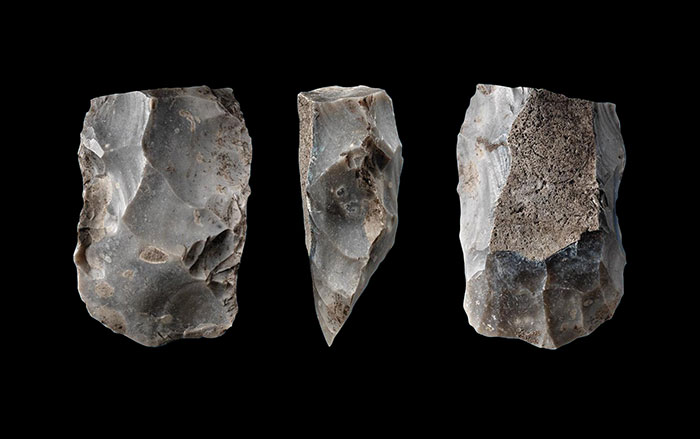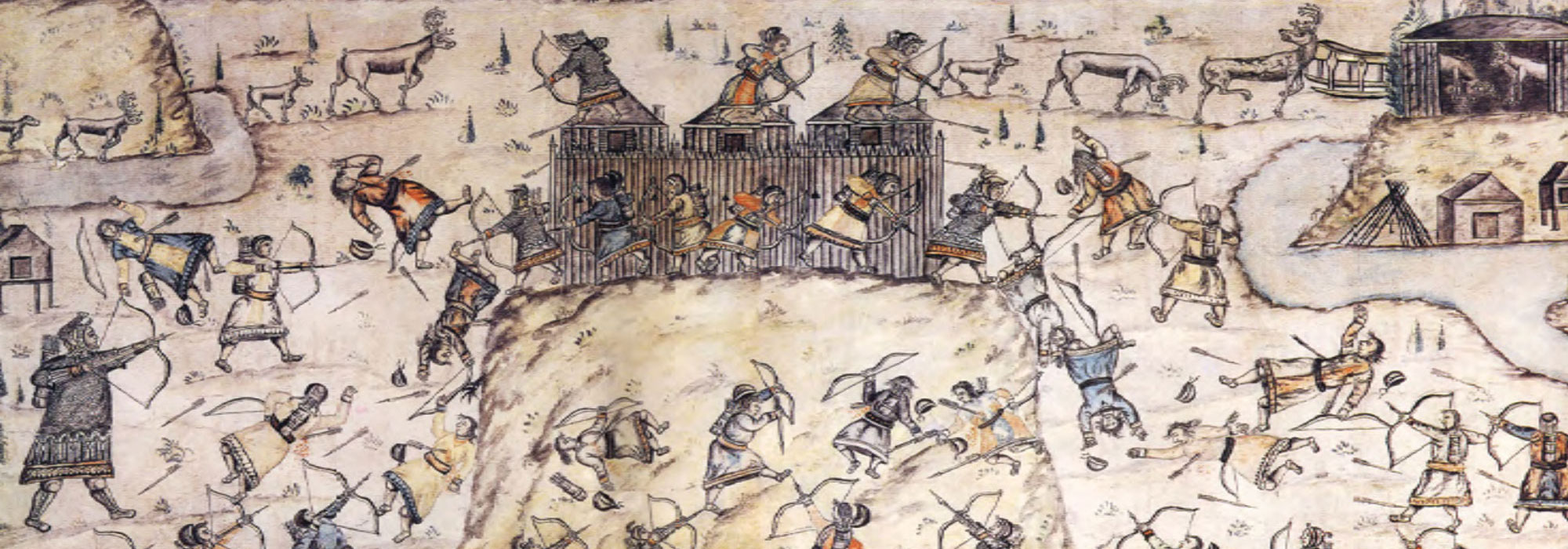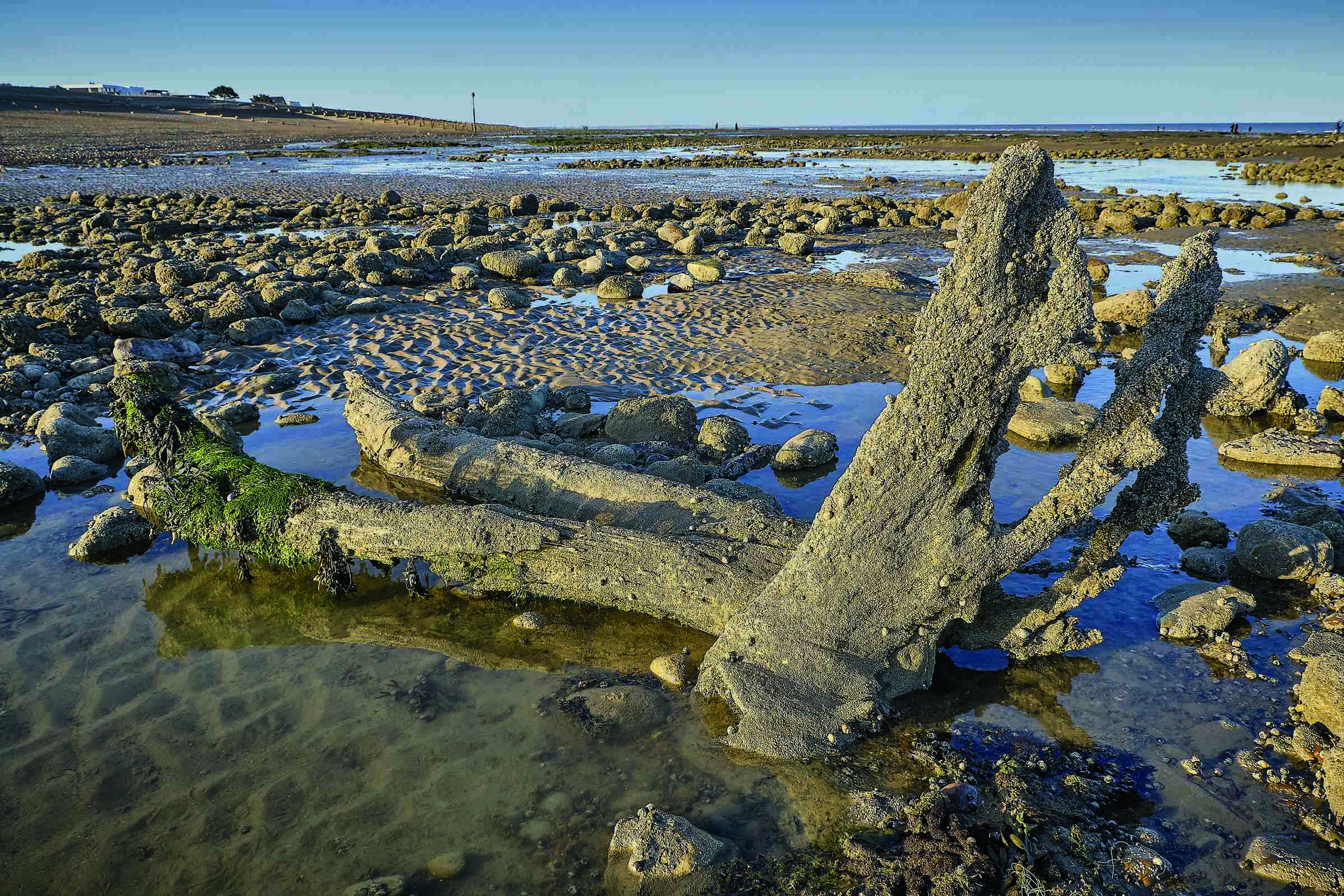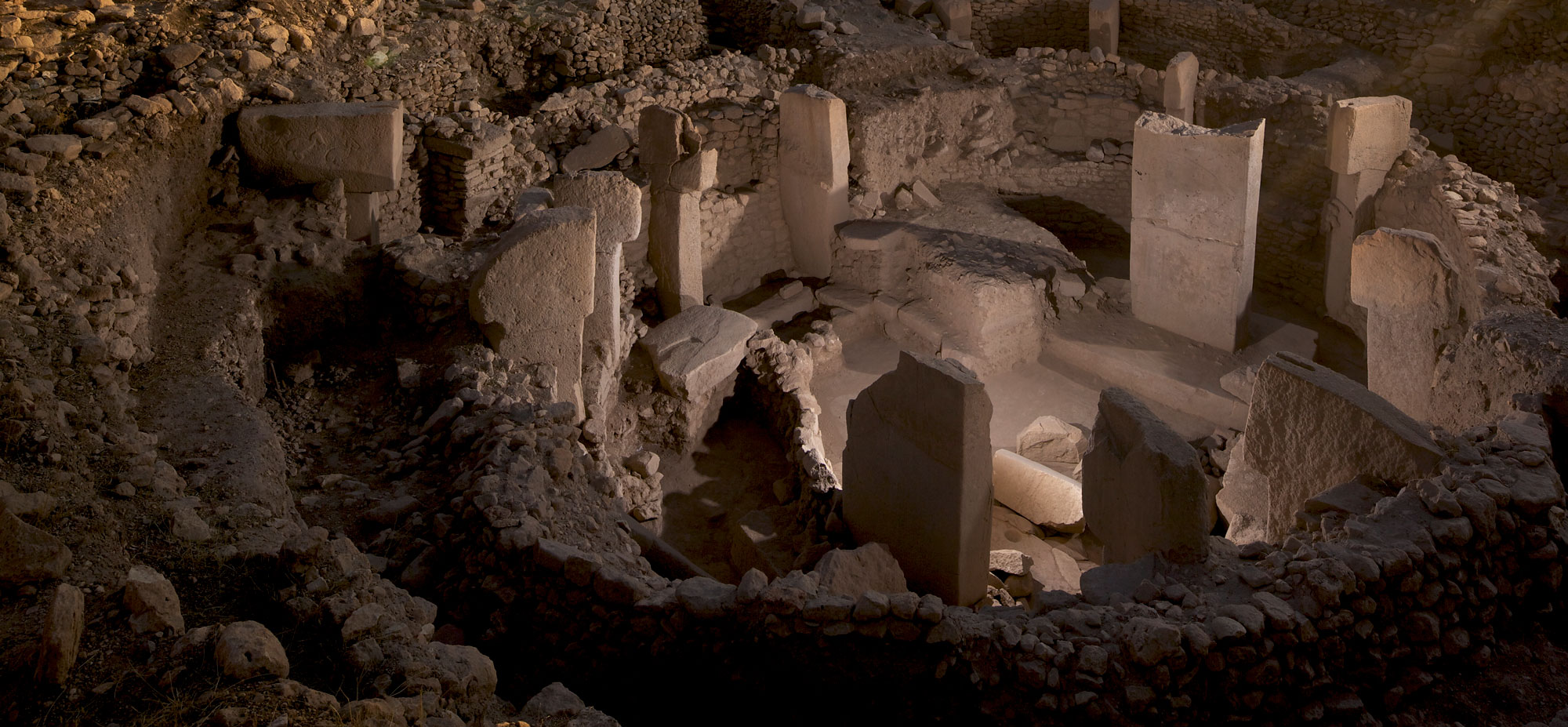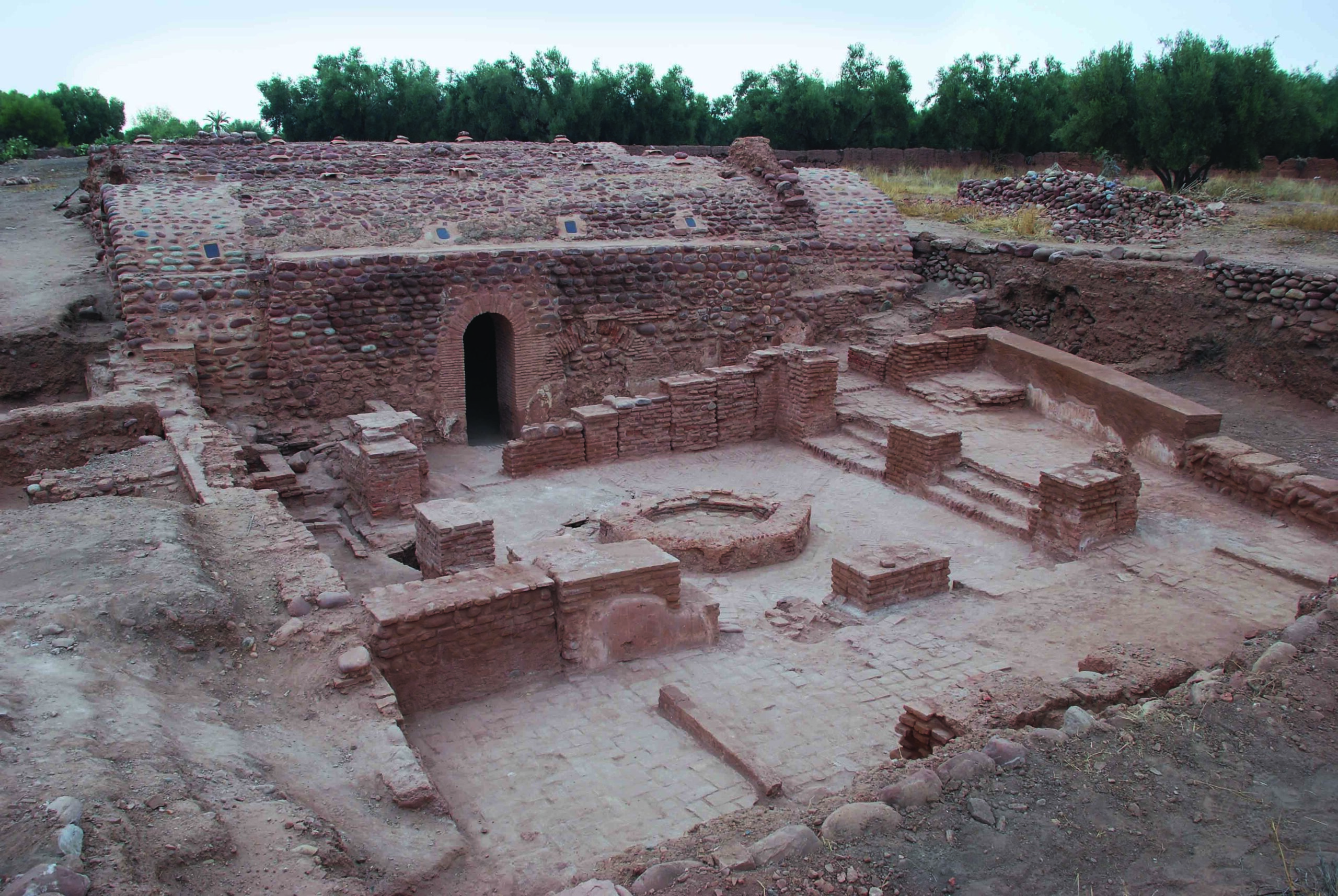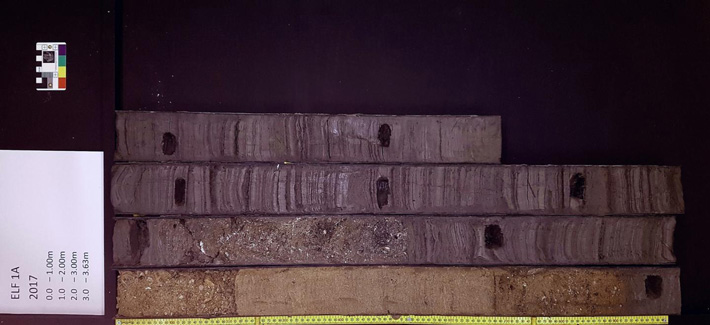
BRADFORD, ENGLAND—According to a report in The Independent, an international team of researchers led by scientists from the University of Bradford analyzed sediments collected in Doggerland, an area now submerged by the North Sea that once connected the United Kingdom to the rest of Europe. The study suggests that a series of tsunamis, triggered by a massive landslide off the coast of Norway some 8,150 years ago, affected a wider area than previously thought, and may have killed one quarter of Britain’s estimated population of 50,000 people who depended upon marine resources for survival. “The multidisciplinary investigation we carried out reveals that the tsunami wasn’t just a single wave—but impacted the now submerged southern North Sea area we examined in three successive inundations, probably spread over just a few hours at most,” said geophysicist Richard Bates of the University of St. Andrews. In addition, the waves probably disrupted the food supply, which may have increased competition for resources and strife between groups of hunter-gatherers. Evidence of such post-tsunami violence has been unearthed on Denmark’s western coast, the researchers explained. To read about a skull that might belong to the victim of a paleo-tsunami, go to "World Roundup: Papua New Guinea."


